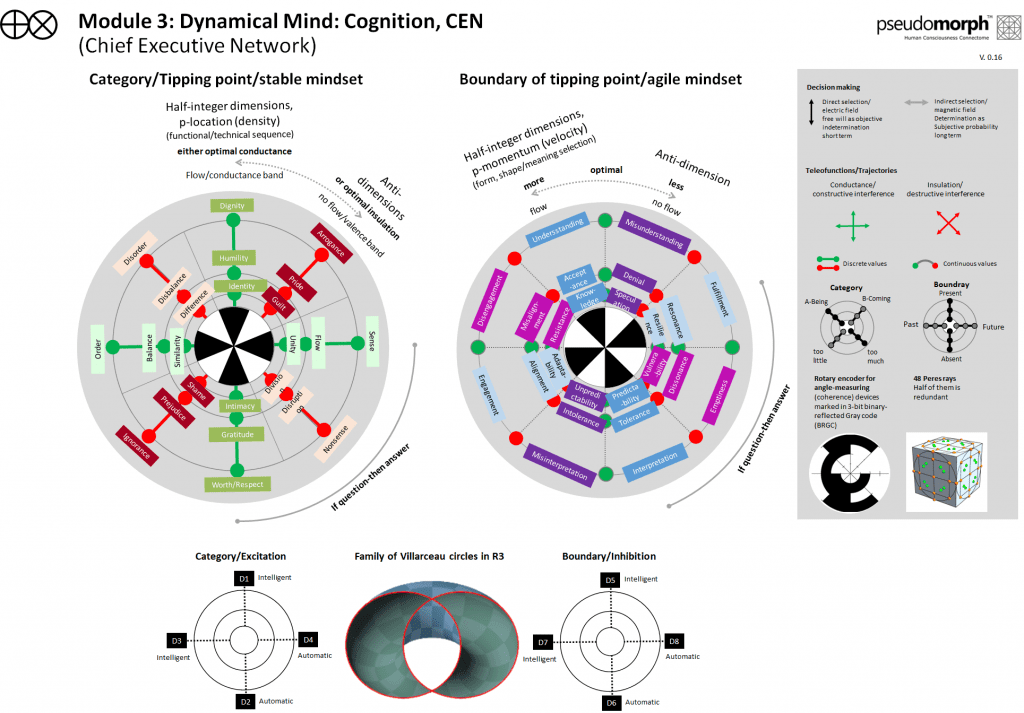Electromagnetism plays a pivotal role in the functioning of the brain, a relationship that is both intricate and profound. At its core, the brain operates through a complex network of neurons, which communicate with each other through electrical impulses and chemical signals. These electrical impulses are a direct result of the movement of ions across neuron membranes, a process governed by electromagnetic principles. Each neuron generates a small electrical charge, and when millions of these neurons fire simultaneously, they produce detectable electromagnetic fields. This phenomenon is the basis for techniques like electroencephalography (EEG), which measures the electrical activity of the brain and is crucial in studying brain functions and diagnosing disorders. Furthermore, the brain’s ability to interpret sensory information – such as visual and auditory stimuli – also relies on electromagnetic signals. Light, for example, is an electromagnetic wave perceived by the eyes and translated into neural signals by the brain. The interplay between electromagnetism and the brain is not just fundamental to the brain’s internal communication but also underpins our interaction with the external world, illustrating the deep connection between physical laws and biological processes.
